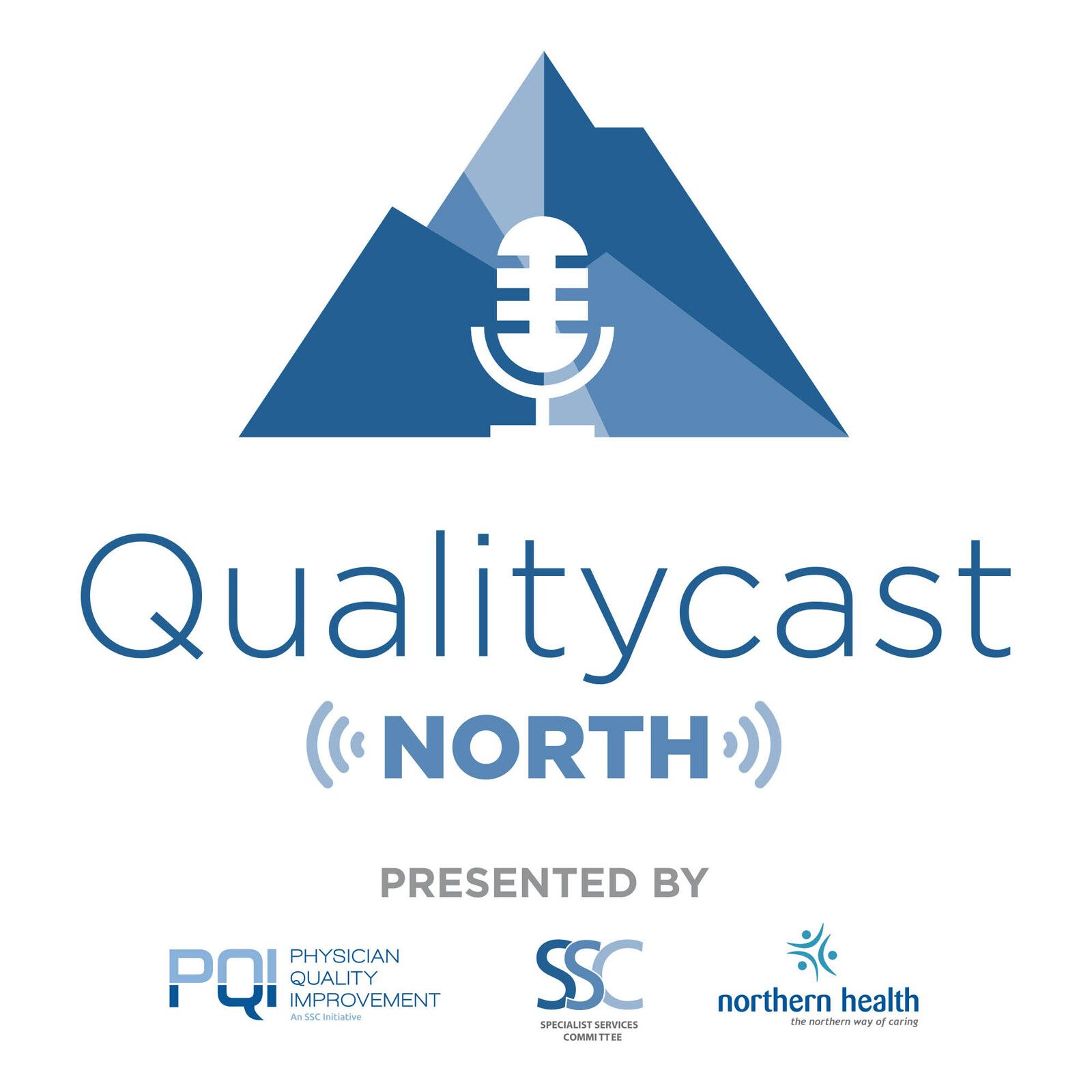S2 Ep1: 1: Development of an intubation checklist for Emergency physicians- featuring Dr. Herman Johal
Qualitycast North is thrilled to kick off its second season by featuring Dr. Herman Johal, and his quality improvement work on creating an intubation checklist for the emergency department physicians at the University Hospital of Northern BC (UHNBC), located in Prince George, BC, Canada.
Dr. Johal is an emergency medicine physician practicing at the emergency department at UHNBC. He spent his childhood in Prince George, and after attending medical school, returned full circle to serve the community he grew up in. He credits the amazing healthcare team and collaborative environment of the UHNBC emergency department for creating an enjoyable work environment.
Medical intubation is the process of inserting a breathing tube into a patient's airway to assist breathing in cases of severe illness or trauma. Drawing from the INTUB study (Russotto et al. 2021) and concepts of the surgical safety checklist (Haynes et al. 2009), Dr. Johal saw an opportunity to improve team dynamics, communication, and patient safety during intubations. He developed and implemented a local, standardized intubation checklist and a point-of-care reference card for emergency physicians, which was very well received by the team; 100% of Nurses & MDs surveyed say they would promote the ongoing use of the checklist.
Additional information and storyboard: Development of an Airway Checklist for UHNBC Emergency Physicians | Northern Health PQI Projects (nhpqi.ca)
References:
Russotto V, Myatra SN, Laffey JG, et al. Intubation Practices and Adverse Peri-intubation Events in Critically Ill Patients From 29 Countries. JAMA. 2021;325(12):1164–1172. doi:10.1001/jama.2021.1727
Haynes AB, Weiser TG, Berry WR, Lipsitz SR, Breizat AH, Dellinger EP, Herbosa T, Joseph S, Kibatala PL, Lapitan MC, Merry AF, Moorthy K, Reznick RK, Taylor B, Gawande AA; Safe Surgery Saves Lives Study Group. A surgical safety checklist to reduce morbidity and mortality in a global population. N Engl J Med. 2009 Jan 29;360(5):491-9. doi: 10.1056/NEJMsa0810119. Epub 2009 Jan 14. PMID: 19144931.

29m













